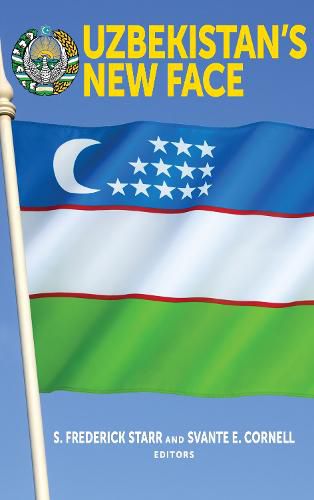Readings Newsletter
Become a Readings Member to make your shopping experience even easier.
Sign in or sign up for free!
You’re not far away from qualifying for FREE standard shipping within Australia
You’ve qualified for FREE standard shipping within Australia
The cart is loading…






Uzbekistan, long considered the center of Central Asia, has the region’s largest population and borders every other regional state including Afghanistan. For the first 25 years of its independence, it adopted a cautious, defensive policy that emphasized sovereignty and treated regional efforts at cooperation with skepticism. But after taking over as President in autumn 2016, Shavkat Mirziyoyev launched a breathtaking series of reform initiatives. His slogan - it is high time the government serves the people, not vice versa - led to large-scale reforms in virtually every sector. Time will tell whether the reform effort will succeed, but its first positive fruits are already visible, particularly in a new dynamism within Uzbek society, as well as a fresh approach to foreign relations, where a new spirit of regionalism is taking root. This book is the first systematic effort to analyze Uzbekistan’s reforms.
$9.00 standard shipping within Australia
FREE standard shipping within Australia for orders over $100.00
Express & International shipping calculated at checkout
Uzbekistan, long considered the center of Central Asia, has the region’s largest population and borders every other regional state including Afghanistan. For the first 25 years of its independence, it adopted a cautious, defensive policy that emphasized sovereignty and treated regional efforts at cooperation with skepticism. But after taking over as President in autumn 2016, Shavkat Mirziyoyev launched a breathtaking series of reform initiatives. His slogan - it is high time the government serves the people, not vice versa - led to large-scale reforms in virtually every sector. Time will tell whether the reform effort will succeed, but its first positive fruits are already visible, particularly in a new dynamism within Uzbek society, as well as a fresh approach to foreign relations, where a new spirit of regionalism is taking root. This book is the first systematic effort to analyze Uzbekistan’s reforms.